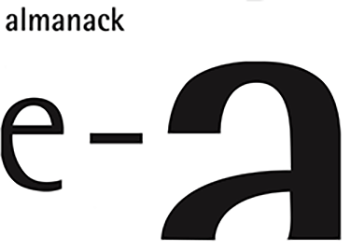Abstract
The article demonstrates that the slave registry instituted by the Free Womb Law (September 28, 1871) was intended to legalize the property over the Africans who were brought through the illegal slave trade and who should be considered free according to the abolition law of November 7, 1831. Despite the fact that successive governments guaranteed slave property and that it served as legal in commercial transactions, the fears demonstrated by slaveowners in petitions and the arguments presented in the debate of the Free Womb bill in 1871 indicate that property over the Africans imported since 1831 was considered unstable. The work is based on Brazilian parliamentary debates, legislation, State Council proceedings and decisions and political literature.
Keywords:
illegal slave trade; 1831 abolition law; British abolitionism; liberated Africans; 1871 law; slave registry
